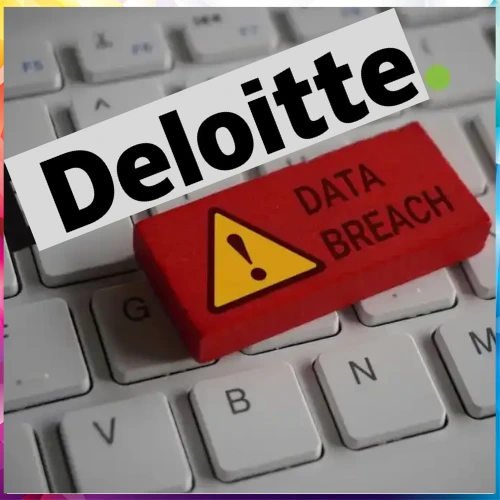
LexisNexis Risk Solutions (LNRS), a major data analytics and risk management firm, suffered a significant data breach affecting 364,333 individuals. The breach, discovered on April 1, 2025, involved unauthorized access to a third-party platform used for software development, specifically the company’s GitHub account. The exposed data includes sensitive personal information such as names, dates of birth, phone numbers, postal and email addresses, Social Security numbers, and driver’s license numbers. No financial or credit card details were compromised, and LNRS reports no evidence of data misuse to date.
Incident Details The breach occurred through a third-party platform, not LNRS’s own systems, highlighting vulnerabilities in third-party risk management. An unknown hacker accessed LNRS’s GitHub account, extracting software artifacts and personal data. The company was alerted by an unidentified third party claiming to have accessed the information, though no ransom demands have been confirmed. LNRS promptly launched an investigation with external cybersecurity experts and notified law enforcement. The breach’s broad impact stems from LNRS’s extensive client base, spanning law enforcement, financial services, healthcare, and automotive industries, amplifying potential fallout across multiple sectors.
Impact and Risks The exposure of Social Security and driver’s license numbers poses significant risks of identity theft, phishing, and fraud. Cybersecurity experts warn that the stolen data could be exploited by fraudsters or foreign actors, potentially threatening national security or enabling scams targeting vulnerable individuals, such as domestic violence survivors. The incident has reignited scrutiny of data brokers like LNRS, which collect and sell sensitive information, often without robust security. The 2025 Verizon Data Breach Investigations Report notes that 30% of breaches involve third-party platforms, underscoring a growing trend. LNRS’s history of lawsuits over data-sharing practices further fuels calls for stricter regulatory oversight.
Response and Mitigation LNRS is notifying affected individuals, offering two years of free identity protection and credit monitoring services. The company has enhanced security controls and is working with forensic experts to prevent future incidents. Experts like Steve Cobb of SecurityScorecard emphasize treating third-party platforms with the same security rigor as internal systems, advocating for adversarial exposure validation to identify vulnerabilities. Andrew Costis of AttackIQ stresses the need for proactive threat detection to safeguard customer data.
Broader Context This breach aligns with a surge in third-party data exposures, as seen in India’s 2025 banking KYC breach and the UK’s £1.17 billion fraud losses in 2024. The Identity Theft Resource Center reported 1.7 billion compromised records in 2024, with 80% from cyberattacks, many preventable via multi-factor authentication (MFA). LNRS’s incident underscores the need for robust vendor oversight and regulatory reforms to hold data brokers accountable.
Recommendations
● For Individuals: Enroll in LNRS’s free identity protection services, monitor accounts for suspicious activity, and enable MFA where possible.
● For Organizations: Implement automated Third-Party Risk Management (TPRM) tools, enforce least-privilege access, and conduct regular security audits of vendors.
● For Regulators: Strengthen frameworks like the U.S. Consumer Financial Protection Bureau’s paused proposals to limit data broker activities, ensuring mandatory MFA and encryption standards.
Finally, the LexisNexis breach highlights the critical risks of third-party platforms in data security. With 364,333 individuals’ sensitive information exposed, the incident demands urgent action to enhance cybersecurity, improve vendor oversight, and protect consumer privacy in an era of escalating digital threats.
See What’s Next in Tech With the Fast Forward Newsletter
Tweets From @varindiamag
Nothing to see here - yet
When they Tweet, their Tweets will show up here.




























